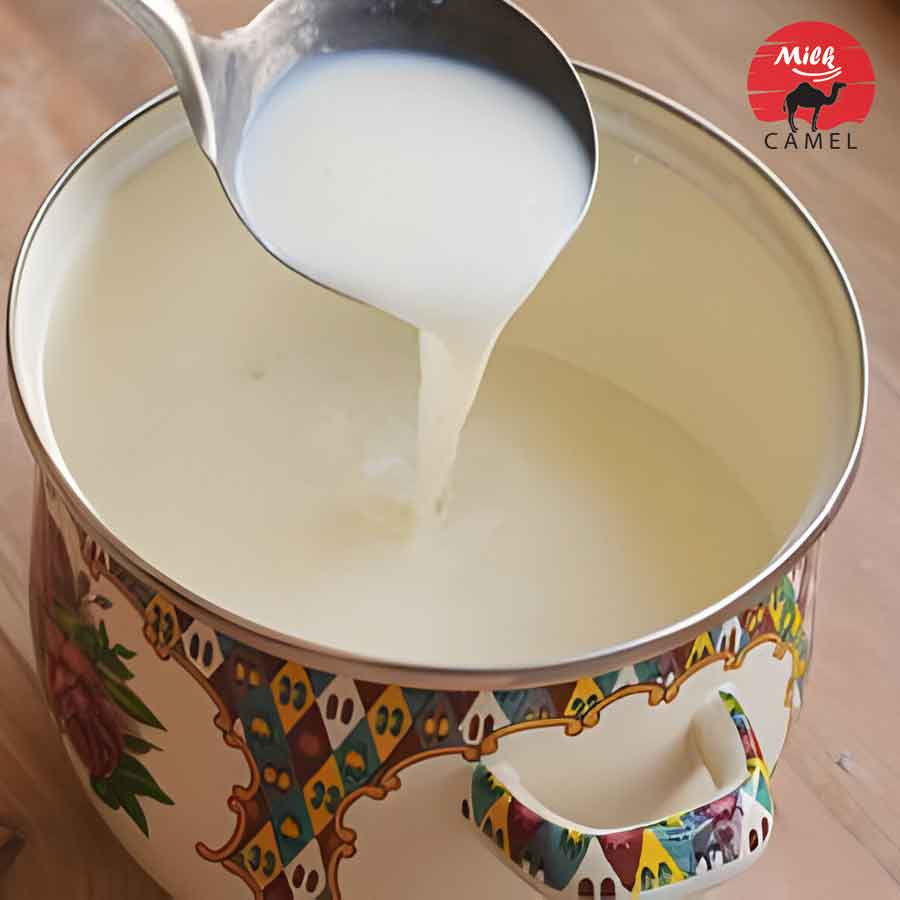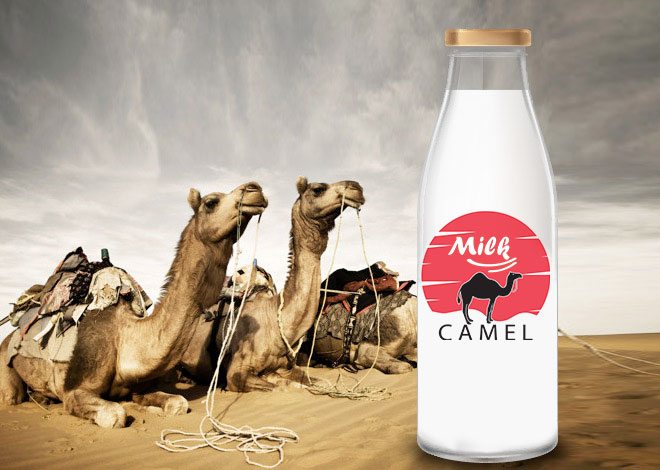Menu
Attention-deficit/hyperactivity disorder (ADHD) is a neurodevelopmental disorder characterized by symptoms of inattention, hyperactivity, and impulsivity, affecting individuals of all ages. While conventional treatments such as medication and behavioral therapy are commonly used to manage ADHD symptoms, some individuals seek alternative or complementary therapies, including camel milk. This article delves into the potential therapeutic benefits of camel milk for ADHD, examining the scientific evidence and exploring underlying mechanisms.
Understanding Camel Milk Composition: Camel milk is renowned for its unique composition, containing a rich array of nutrients, bioactive compounds, and immunomodulatory factors. Compared to cow’s milk, camel milk boasts higher levels of vitamin C, iron, unsaturated fatty acids, and certain proteins, such as lactoferrin and immunoglobulins. These components are believed to contribute to camel milk’s potential health-promoting properties, including its hypothesized benefits for individuals with ADHD.
Proposed Mechanisms of Action: Advocates of camel milk for ADHD propose several mechanisms through which it may exert therapeutic effects:
1.Immunomodulation: Camel milk contains immunomodulatory compounds, such as lactoferrin and immunoglobulins, which could modulate immune responses and reduce inflammation, potentially ameliorating ADHD-related symptoms.
2.Nutritional Support: The nutritional profile of camel milk, including its high content of vitamins, minerals, and essential fatty acids, may support brain health and cognitive function, which are implicated in ADHD pathology.
3.Bioactive Peptides: Camel milk contains bioactive peptides with potential neuroprotective and neuromodulatory properties, which could influence neurotransmitter activity and synaptic function, affecting attention and behavior regulation.
Scientific Evidence and Clinical Studies: While anecdotal reports and preliminary studies have suggested potential benefits of camel milk for ADHD, robust clinical evidence supporting its efficacy is limited. Existing research primarily consists of small-scale observational studies, case reports, and pilot trials, often with methodological limitations and inconsistent findings. While some individuals may report subjective improvements in ADHD symptoms with camel milk consumption, larger, well-designed clinical trials are needed to validate these observations and elucidate the optimal dosage and treatment duration.
Challenges and Considerations: Several challenges complicate the evaluation of camel milk as a therapeutic option for ADHD:
1.Lack of Standardization: Camel milk composition can vary based on factors such as breed, diet, and processing methods, making it challenging to standardize research outcomes and replicate findings.
2.Placebo Effects: The subjective nature of ADHD symptoms and the placebo effect may influence individuals’ perceptions of camel milk’s efficacy, highlighting the importance of placebo-controlled trials in assessing its true therapeutic potential.
3.Safety Concerns: While camel milk is generally considered safe for consumption, allergic reactions and microbial contamination are potential risks, particularly in individuals with milk protein allergies or compromised immune systems.
In conclusion, camel milk holds promise as a potential complementary therapy for ADHD, based on its immunomodulatory, nutritional, and bioactive properties. However, conclusive evidence supporting its efficacy in ADHD management is currently lacking. Further research, including well-designed clinical trials with larger sample sizes and rigorous methodology, is needed to clarify camel milk’s role in ADHD treatment and determine its safety, efficacy, and optimal use as part of a comprehensive treatment approach. Until such evidence emerges, individuals considering camel milk for ADHD should consult healthcare professionals and prioritize evidence-based interventions.

We take pride in offering you the finest camel milk sourced directly from the heart of Qatar. Our commitment to quality, sustainability, and ethical production practices ensures that every drop of camel milk you enjoy is of the highest standard.
